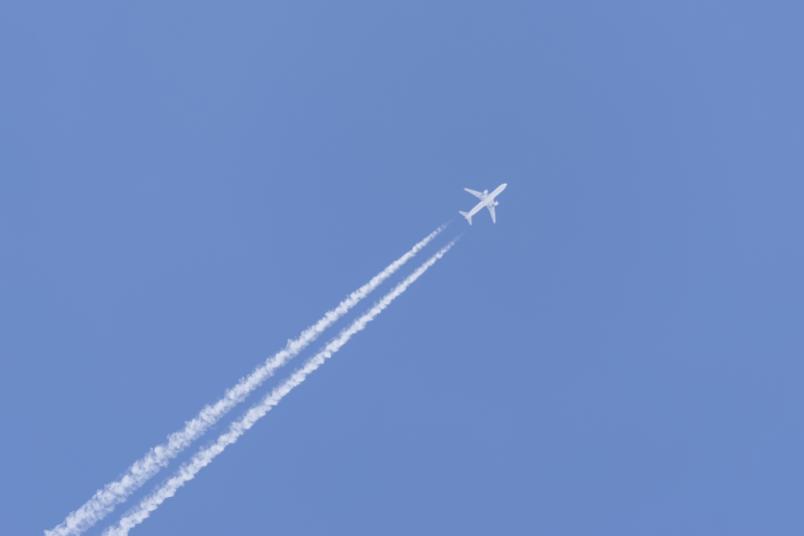
Moral philosophy
Is it still acceptable to fly on holiday in view of climate change?
Yes and no, according to moral philosophy. Individual measures alone can’t stop climate change. We are therefore obliged to intervene as a collective.
“Climate change is the greatest challenge mankind has ever faced, and there is no way to avert the threat at the last minute, as is the case with diplomatic crises, for example,” points out Dr. Anna Luisa Lippold. In her dissertation in Applied Ethics under Professor Klaus Steigleder, she tackled a question that is of great concern to many: What individual moral obligations do we have in view of climate change? In other words: Are we still allowed to fly on holiday? Eat meat? Take milk in our coffee? She presents her answers in the current edition of Rubin, the RUB’s science magazine.
There is a pragmatic way
Anna Luisa Lippold’s objective was to show a pragmatic way that examines what needs to be done within what timeframe and for what rational reasons in order to limit climate change – without advocating any ideologies. She challenges the prevailing narrative that each individual has to reduce their emissions: Since the contribution of each individual neither causes nor stops climate change, she doesn’t see the moral duty primarily and exclusively in reducing individual CO2 emissions.
Individual duty to advance collective action
However, we all have the moral obligation to safeguard the rights of future generations. It is the parents who have to make provisions for their children’s lives. But what can we do about climate change if changing our own consumer behaviour is not enough? Doesn’t this mean we are helpless and powerless? It does not, according to her. She advocates the individual duty to advance collective action. Collective action includes, on the one hand, political actors. On the other hand, us as a society. “There are a number of things that are within our power: organising or participating in protests, writing to our political representatives, not penalising politicians at the ballot box for climate-protection measures and, above all, sensitising our social environment. All in all, we must promote a social climate in which ambitious climate protection is possible across party lines,” she says.
We shouldn’t preach water and drink wine
Almost no-one is exempt from this moral obligation to interfere, she explains, arguing that people belong to so-called weak collectives that are morally obliged to act. But if we are aware of our duty to interfere, and if we observe it, won’t we lose credibility once we drive a big SUV and fly long distance? “Yes, we shouldn’t preach water and drink wine. That’s why I consider it my duty to limit myself – even if that’s not our main priority,” concludes Anna Luisa Lippold.